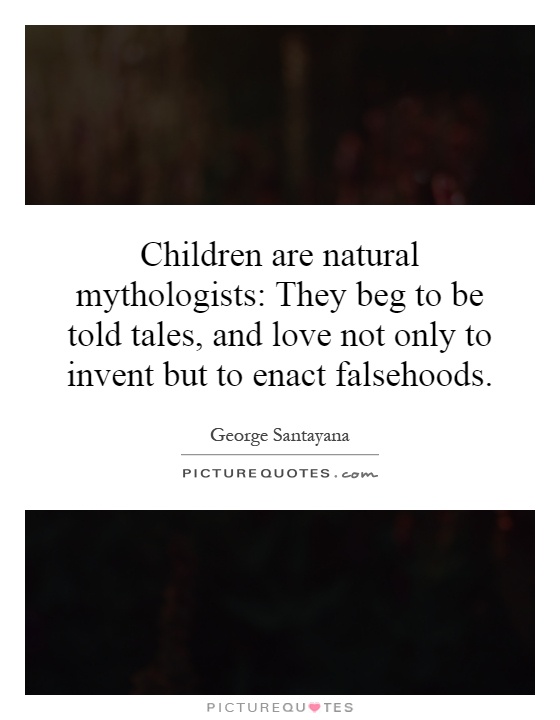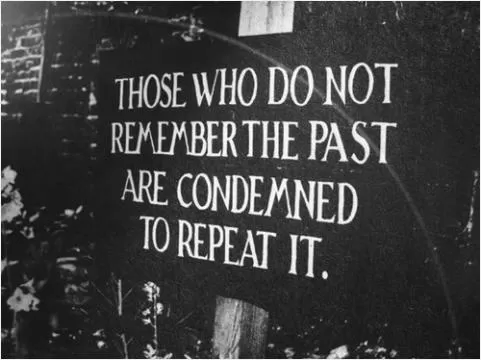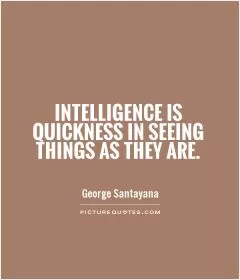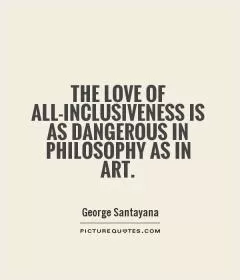Children are natural mythologists: They beg to be told tales, and love not only to invent but to enact falsehoods

Children are natural mythologists: They beg to be told tales, and love not only to invent but to enact falsehoods
George Santayana, a renowned philosopher and essayist, once said, “Children are natural mythologists: They beg to be told tales, and love not only to invent but to enact falsehoods.” This statement highlights the innate curiosity and imagination that children possess, as well as their inclination towards storytelling and make-believe.Children are indeed natural mythologists, as they are constantly seeking to make sense of the world around them through stories and myths. From a young age, children are drawn to fantastical tales and legends that transport them to different worlds and ignite their imaginations. They are eager to hear stories from their parents, teachers, and other adults, as these narratives help them understand complex concepts and emotions in a way that is accessible and engaging.
Moreover, children not only enjoy listening to stories but also love to invent and enact their own falsehoods. Through imaginative play, children are able to explore different roles and scenarios, experimenting with various possibilities and outcomes. This creative process allows them to develop important cognitive and social skills, such as problem-solving, empathy, and communication.
In the context of Santayana’s quote, it is important to recognize the value of storytelling and make-believe in a child’s development. By engaging in imaginative play and creating their own narratives, children are able to expand their creativity, critical thinking, and emotional intelligence. These skills are essential for navigating the complexities of the world and forming meaningful connections with others.
Furthermore, storytelling and myth-making are not just limited to childhood; they continue to play a significant role in human culture and society. Throughout history, myths and legends have served as a means of passing down knowledge, values, and traditions from one generation to the next. They have the power to inspire, educate, and unite people across different cultures and time periods.












 Friendship Quotes
Friendship Quotes Love Quotes
Love Quotes Life Quotes
Life Quotes Funny Quotes
Funny Quotes Motivational Quotes
Motivational Quotes Inspirational Quotes
Inspirational Quotes